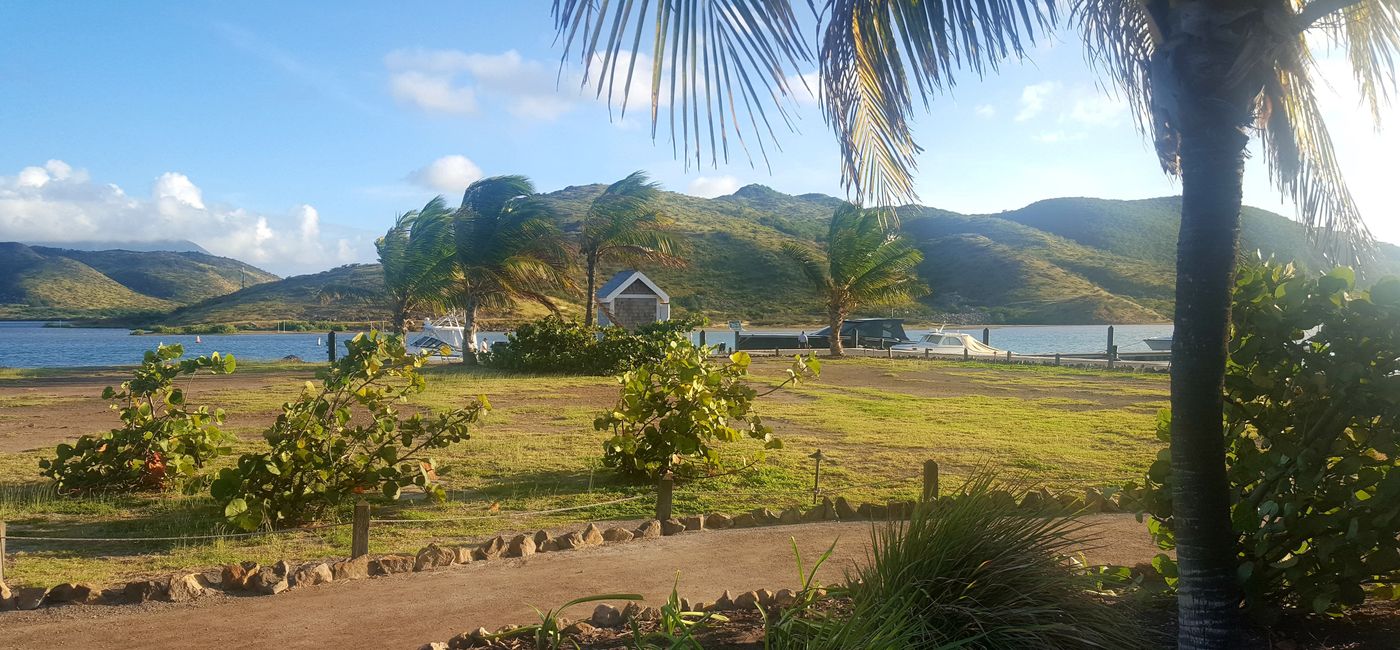From Bites to Beats: EPCOT Food & Wine Festival 2024 Highlights
September 19, 2024Sandals Resorts Ultimate Babymoon Experience
September 19, 2024
Photo credit: Brian Major
Squarely in growth mode as a Caribbean tourism destination, the dual-island Federation of Saint Kitts and Nevis is engaged in a series of initiatives to ensure its tourism future remains sustainable.
St. Kitts and Nevis last year codified its sustainability efforts through designation as a Sustainable Island State under United Nations auspices. Under the program Federation legislators are committed to implementing sustainability policies with ecological, educational, cultural and financial components.
The Federation this year introduced legislation to ban the use of single-use plastics, with a timetable for implementation. The government has also initiated a campaign to convert streetlights and lighting fixtures at sports facilities to LED, reducing power consumption.
“The philosophy behind the Federation’s efforts to create a sustainable tourism environment focuses on preserving our environment, culture, and history,” Marsha Henderson, Saint Kitts and Nevis’ minister of tourism, said in an interview earlier this year.
“As a destination that relies heavily on tourism, we must protect our tourism products so that locals and visitors can enjoy them for generations to come,” Henderson added.
Other government-led initiatives include a strategy to encourage the rewilding of former sugar plantations. Sugar cane fields were abandoned when commercial production ended in St. Kitts and Nevis in 2005, Henderson said.
“Naturally, nature started taking over and reclaimed much of the sugar lands closest to the rainforest. As a result, the rainforest has expanded,” she said. Notably, St. Kitts and Nevis’ rainforest is protected under legislation.
Other initiatives targeted St. Kitts and Nevis tourism businesses. In 2021, the Ministry of Tourism launched the Heart of St. Kitts Sustainability Charter, aimed at encouraging local tourism companies to adopt responsible practices.
The Charter outlines concrete actions businesses can take to improve their sustainability performance. Along with a framework of best practices, a participant handbook was developed to offer practical guidance on implementing sustainability practices.
Despite these actions, Henderson described the initiatives surrounding the government’s program to establish the Federation as a Sustainable Island State as “in the infancy stages.”
Still, Henderson said “Some restaurants on the island have already implemented the ban on single-use plastics, utilizing mason jars, paper straws, biodegradable takeaway containers and banana leaves as plates.”
The Ministry of Tourism has also created a marketing and communications toolkit to help assist businesses in telling their sustainability stories in compelling ways.
“We also seek to increase economic sustainability by creating closer links between tourism and agriculture,” Henderson said.
The Tourism Ministry is also creating connections between tourism and the Federation’s creative economy and souvenir manufacturing, aimed at “reducing the leakage of foreign exchange and expanding the wealth of tourism in the local communities within the Federation,” Henderson said.
This article appeared in TravelPulse.
